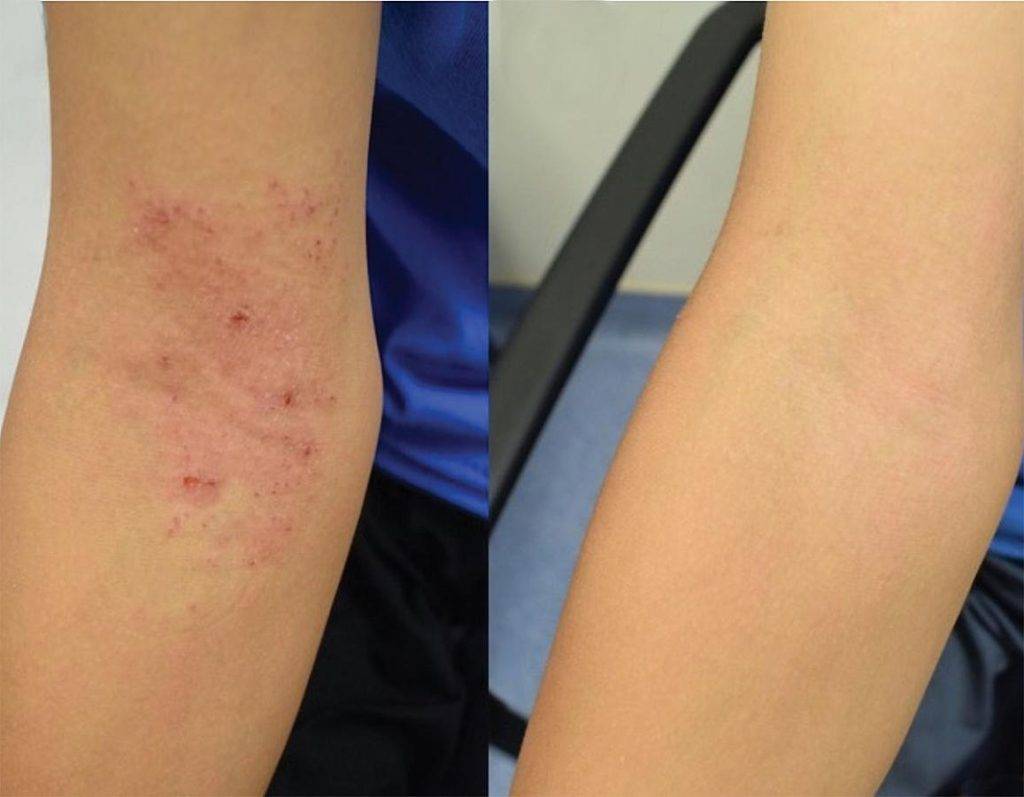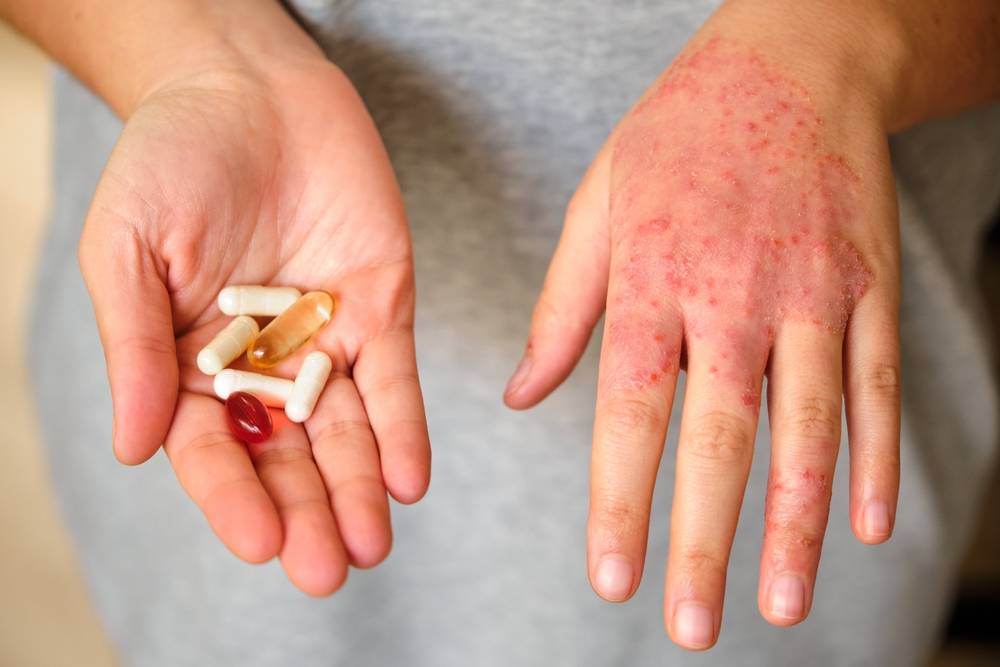Emerging research highlights the potential of probiotics in managing eczema by addressing gut microbiota imbalances. Could this dietary supplement offer relief for millions affected by this chronic inflammatory disorder?
Eczema, also known as atopic dermatitis, is a chronic inflammatory skin condition characterised by intense itching, redness and inflammation. It impacts over 204 million people worldwide, including both children and adults. In Singapore alone, cases of moderate to severe eczema are rising, with over 14,000 new cases reported since March 2023.
The condition arises from a combination of genetic, environmental, and immune factors. According to Dr. Yew Yik Weng, a Senior Consultant Dermatologist at the National Skin Centre, common triggers in Singapore include heat, sweat, and dust.
Recent years have shown a growing interest in the use of probiotics for eczema due to the close relation between gut health and skin condition. How does that work?
Understanding the Gut-Skin Axis

The human gut consists of trillions of microorganisms. They are made up of both beneficial and harmful bacteria, and influences immune responses and inflammation.
Dysbiosis, or an imbalance in gut microbiota, has been linked to the development of autoimmune or inflammatory conditions, including eczema. The gut-skin axis suggests a close relationship between gut microbiota and skin health mediated through immune modulation.
Supplementing the gut with oral probiotics could help to restore the gut’s microbial balance and promote better skin health.
How Do Probiotics Work?
Probiotics work through these possible mechanisms:
- Strengthen gut barrier – Increasing mucin proteins that restrict the bacterial movement, and promoting production of antimicrobial proteins.
- Modulating immune responses – Reducing inflammation and enhancing protection through the release of interleukin-10 (IL-10) and immunoglobulin A (IgA).
- Producing anti-inflammatory metabolites – By generating short-chain fatty acids (SCFAs), it can enhance the skin barrier and even have anti-microbial properties.
Probiotics and Eczema: Research Highlights
Use in Children with Eczema
A 2023 review found that single-strain probiotic lactobacilli significantly reduced the SCORAD index (a measure of eczema severity) in children with atopic dermatitis. The sub-analysis showed that strains of Limosilactobacillus fermentum were more effective than other tested strains.
Probiotics have also been tested for topical use. An NIH study found that applying a probiotic bacterium, Roseomonas mucosa, to children’s skin safely reduced eczema severity and improved quality of life, with benefits lasting up to eight months post-treatment.

Prevention of Eczema in Children
Probiotics, particularly Lactobacillus rhamnosus, taken prenatally and postnatally, showed effectiveness in reducing eczema risk in infants. This is due to the transfer of maternal microbes to their offspring during pregnancy, affecting the immune development in the offspring.
Significant effect was only observed when taken both during both prenatal and postnatal periods.
Use in Adults with Eczema
A review found probiotics were effective in treating adults with moderate eczema, improving quality of life and decreasing SCORAD scores significantly.
Animal Studies
A recent animal study investigated the effects of novel probiotic strains from a 1:1 mix of Bifidobacterium longum and Lactiplantibacillus plantarum. At the dose of 1 × 106 CFU/mL, they were found to reduce inflammation in animal cells, through an increase anti-inflammatory and decrease in pro-inflammatory cytokines. This suggests the potential of the probiotic strains in modulating immune responses in eczema management.
Negative or Inconclusive Studies
Some reviews have shown minimal or no impact, especially with strains like Lactobacillus rhamnosus GG. Variability in results may stem from differences in strains, dosages, and study designs.
Probiotics in Practice
The most common strains used in probiotic products are from the genera Lactobacillus and Bifidobacterium. The probiotic strains can come individually or in combination. The widely studied probiotic strains are Lactobacillus rhamnosus (LGG), Bifidobacterium lactis, and Lactobacillus acidophilus.
While probiotics can naturally be obtained from fermented food such as yoghurt, kimchi and kefir, oral supplementation offers a viable alternative.
Oral probiotic supplements can come in various forms:
As seen in some studies, probiotics are also developed into dosage forms like topical forms for the use in eczema.
Key Takeaways
While probiotics may be a promising adjunct for eczema, not all probiotic strains are effective and well-studied. The efficacy of probiotics may also vary among individuals and there is no standardised dosage recommendation for their use in the management of eczema with the current evidence available. More research is needed to establish stronger and consistent evidence on probiotic use for eczema management.
Probiotics are generally safe, but some may experience mild gastrointestinal side effects such as bloating and diarrhoea. Be sure to consult healthcare professionals for advice before starting probiotics, especially if you have underlying health conditions or a weakened immune system.

